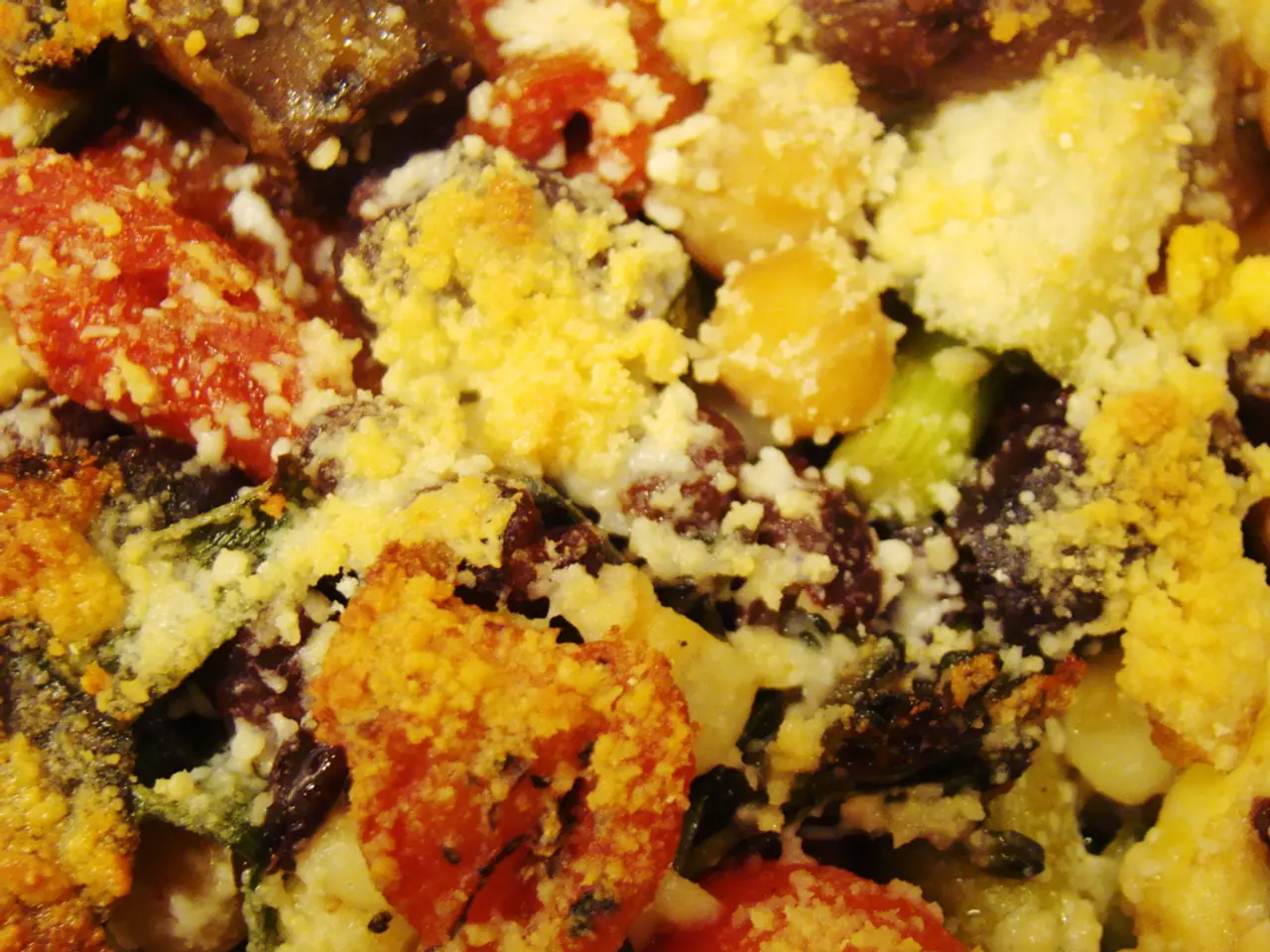Food Intake Influences Onset and Prevention of Cancer
In today's era of information overload, it's easy to come across headlines claiming that ordinary foods like tomatoes or coffee can either cause or prevent cancer. These contradictory claims can be overwhelming and confusing.
A thorough study published in The American Journal of Clinical Nutrition aimed to dispel this confusion by examining how frequently common food ingredients are linked to cancer risk in scientific literature.
Researchers randomly picked 50 common ingredients from a cookbook and reviewed studies related to each. The study found that 80% of these ingredients had studies associating them with cancer risk, either increasing or decreasing it. However, many of these studies lacked strong statistical significance, highlighting the importance of a careful interpretation of such claims.
The Intricacies of Nutritional Science
The widespread belief is that individual studies offer definitive answers about food and health. However, the reality is more intricate.
This study revealed that out of 264 single-study assessments, 72% concluded a link between the food and cancer risk. Yet, 75% of these findings had weak or no statistical significance. Meta-analyses, which consolidate data from multiple studies, often presented more restrained results, with only 26% indicating any significant risk association.
Reading Food and Health Research Critically
The variability in study outcomes sheds light on the complexity of nutritional science. Factors such as study design, population differences, and measurement methods contribute to the varied results. It's crucial to consider the totality of evidence rather than solely relying on single studies. This method helps in formulating balanced dietary recommendations and understanding the multifaceted relationship between diet and health.
Making Smart Dietary Choices
- Vary Your Diet: Incorporate a wide range of foods to ensure a balanced intake of nutrients.
- Emphasize Whole Foods: Prioritize fruits, vegetables, whole grains, and lean proteins over processed options.
- Stay Updated: Seek information from reliable sources and be cautious of sensationalized headlines.
- Consult Experts: For personalized advice, consult healthcare providers or registered dietitians.
It's All About Context
While it's tempting to seek simple answers about food and health, the reality is complex. Understanding the limitations and context of scientific studies is essential. By approaching dietary information with a critical eye and focusing on overall patterns rather than isolated findings, individuals can make informed choices that support their health and well-being[1][2].
[1] Meta-analyses in nutritional science provide more conservative results primarily because they combine data from multiple studies using rigorous statistical methods, reducing random error, balancing study quality and variability, mitigating publication bias, and using meta-regression and sensitivity analyses.
[2] This integration helps to balance out the variability, biases, and potential overestimations that can occur in individual studies, thus providing a more conservative and reliable picture of the evidence.
- Despite the numerous claims about common foods and their effects on cancer risk, a study published in The American Journal of Clinical Nutrition found that 80% of frequently used ingredients in cooking had studies associating them with cancer risk, but many of these studies lacked strong statistical significance.
- To make smart dietary choices, it's essential to vary your diet, emphasize whole foods, stay updated on reliable sources, consult experts for personalized advice, and understand the context and limitations of scientific studies about food and health.
- Meta-analyses, which consolidate data from multiple studies using rigorous statistical methods, provide more conservative results and help balance out the biases and potential overestimations that can occur in individual studies, offering a more reliable picture of the evidence regarding food and health.






